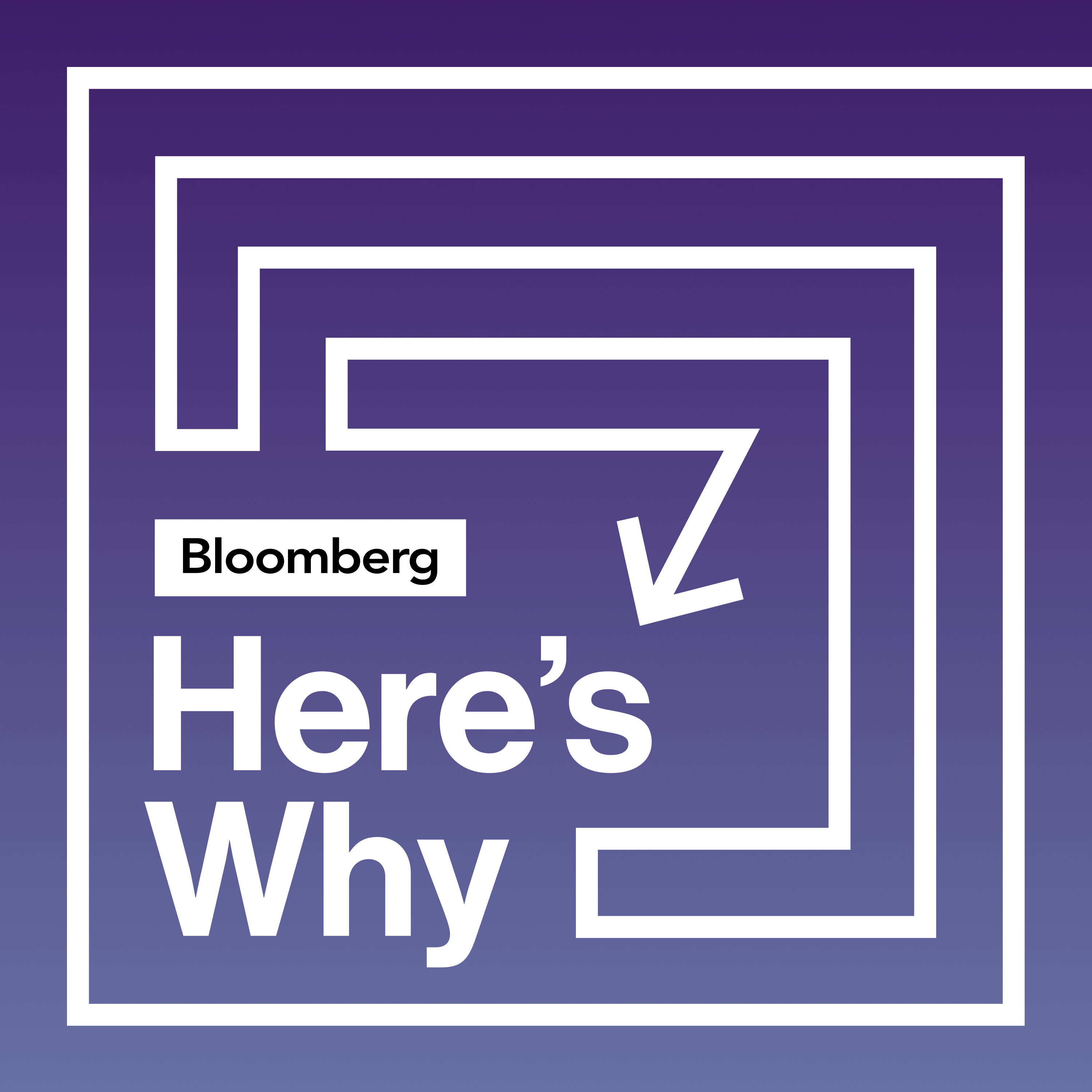
Deep Dive
Why are many tech companies choosing to stay private longer?
They have easier access to capital, avoid activist investors, and save on the high costs of being public. Additionally, staying private allows them to provide liquidity to early investors and employees without the regulatory and reporting burdens of being public.
How much value is tied up in private companies that could potentially go public?
Private equity-owned companies alone hold about $2.9 trillion in value, with a similar amount on the venture capitalist side. This totals trillions of dollars in potential public listings.
What are the challenges in valuing private companies?
Valuations of private companies are opaque and based on investor confidence rather than real-time market data. Public companies are marked-to-market, but private valuations rely on investor checks and expectations, leading to debates about their reliability.
Are there regulatory concerns with highly valuable private companies?
Regulations require accredited investors to participate in private markets, protecting unsophisticated investors. However, private companies avoid the quarterly reporting and oversight required of public firms.
What are the potential downsides of companies staying private indefinitely?
If companies like SpaceX or OpenAI never go public, the lack of transparency and accountability could be an issue. Additionally, public investors may miss out on growth opportunities, as these companies could already be mature by the time they list.
Is being a public company still a badge of honor?
The prestige of being public is diminishing, especially for highly valued companies like OpenAI and SpaceX. For many, the primary benefit of going public is the branding event, but the practical reasons are less compelling.
- Stripe, valued at $70 billion, is in no rush to go public.
- SpaceX's valuation is around $350 billion.
- OpenAI's valuation is $157 billion.
Shownotes Transcript
SpaceX recently cemented its status as the world's most valuable private startup, with a share sale that valued it at about $350 billion. Meanwhile, OpenAI's last fundraising round valued it at $157 billion. Despite huge interest from investors, these names are among many fast-growing companies which are opting not to list their shares on public markets. Bloomberg's Bailey Lipschultz, who covers how companies go public, joins host Stephen Carroll to discuss.
See omnystudio.com/listener) for privacy information.